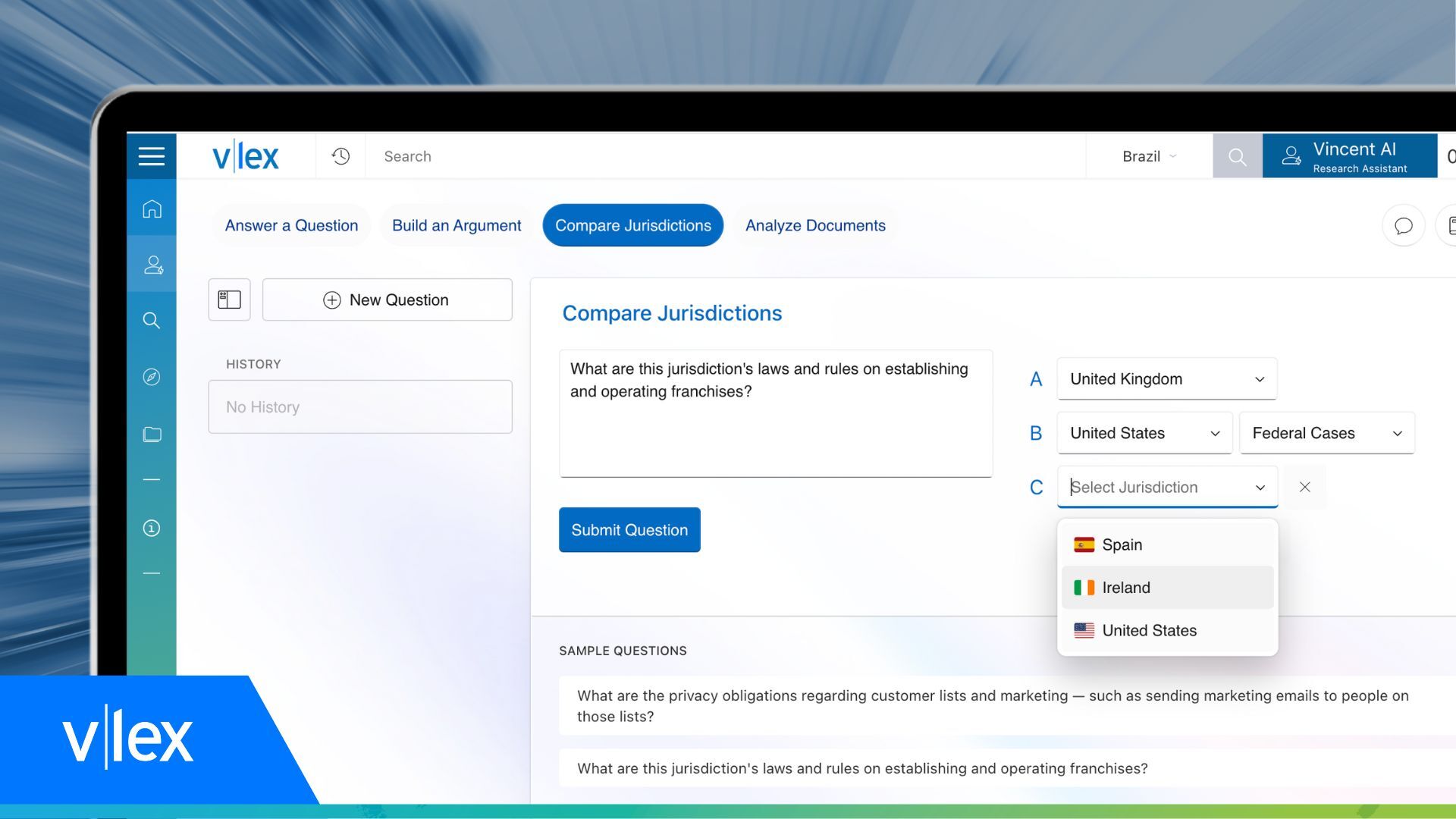Cleveland Solo Gets a Supreme Court Win; Ex-Prisoner’s $625K Award Is Reinstated

Read more about
Mills and Ortiz here.
A Cleveland solo who works out of a spare bedroom in his apartment has won a U.S. Supreme Court victory for his client, a former Ohio inmate who sued prison officials for doing nothing to prevent her sexual assault.
David Eduard Mills had never argued a case before the U.S. Supreme Court before his Nov. 1 appearance, the ABA Journal reported last fall. He once worked at Jones Day, but left for a judicial clerkship and then decided to start a federal appellate practice.
Mills’ client, Michelle Ortiz, had won a $625,000 judgment against Ohio prison officials, but it was overturned by the Cincinnati-based 6th U.S. Circuit Court of Appeals. Ortiz had claimed a prison official did nothing after she complained of threats by a male guard who later sexually assaulted her. Then when she complained again, she was placed in solitary confinement.
The U.S. Supreme Court reinstated Ortiz’s verdict today in a decision based on civil procedure. Mills spoke with the ABA Journal shortly after the ruling. “I feel great but I think my initial thought was feeling happy and relieved for Michelle,” he said. “She was, I would say, overwhelmed, obviously ecstatic.”
Today’s unanimous opinion (PDF) by Justice Ruth Bader Ginsburg held that a party may not appeal a summary judgment denial after a full trial on the merits, and the 6th Circuit should not have overturned the judgment on that basis.
The prison officials had claimed Ortiz did not prove her case, and they should have raised the issue in a post-verdict motion for judgment as a matter of law, Ginsburg said. Because of their failure to do so, the 6th Circuit “had no warrant to upset the jury’s decision on the officials’ liability.”
Justice Clarence Thomas concurred in the judgment but said Ginsburg’s opinion should not have addressed the need for a post-verdict motion. He was joined by Justices Antonin Scalia and Anthony M. Kennedy.
Mills learned of today’s decision like many Supreme Court watchers—on SCOTUSblog.
“Reversed and remanded,” Mills says. “That word ‘reversed’ was really what I was looking for. That’s when I knew.”
Word of Mills’ victory spread quickly. During the ABA Journal interview, Mills’ doorbell rang. He had received a congratulatory bottle of wine from a local law firm. One of its lawyers had helped Mills prepare for oral arguments along with a colleague from Case Western, where Mills teaches as an adjunct law professor.
Publicity surrounding Mills’ work on the case, Ortiz v. Jordan, has led to more work. Several lawyers have since consulted with Mills on potential Supreme Court cases, and a couple of their cert petitions are pending. Now he’s looking ahead to the future. “It certainly doesn’t hurt to have a decisive victory,” he says.
Related coverage:
ABAJournal.com: “Cleveland Solo Takes His Civ Pro Case Before the Justices”
ABA Journal: “The Long Shot”
Updated at 12:20 p.m. to include Mills’ comments.



